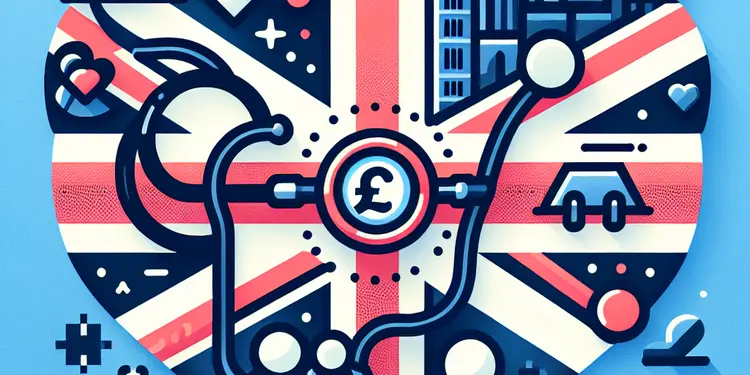
Find Help
More Items From Ergsy search
-

What is Huntington's disease?
Relevance: 100%
-

Is Huntington's disease fatal?
Relevance: 99%
-
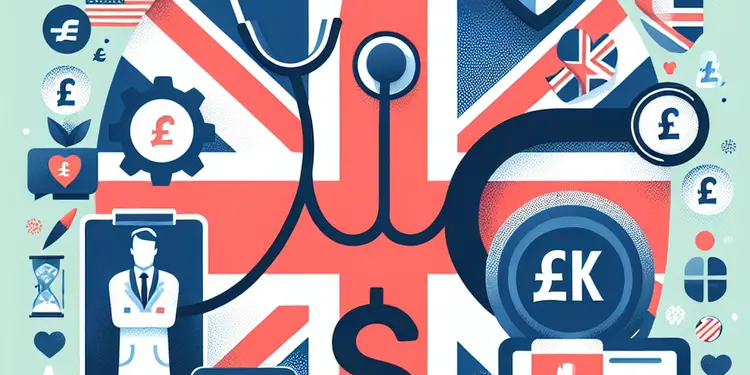
How is Huntington's disease diagnosed?
Relevance: 96%
-
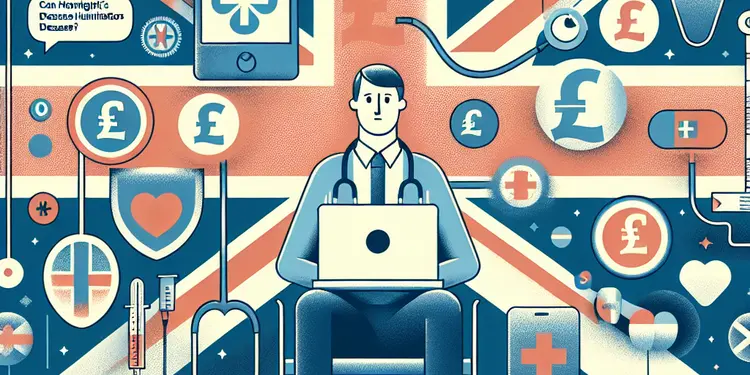
Can Huntington's disease be prevented?
Relevance: 94%
-

Can Huntington's disease be cured?
Relevance: 94%
-
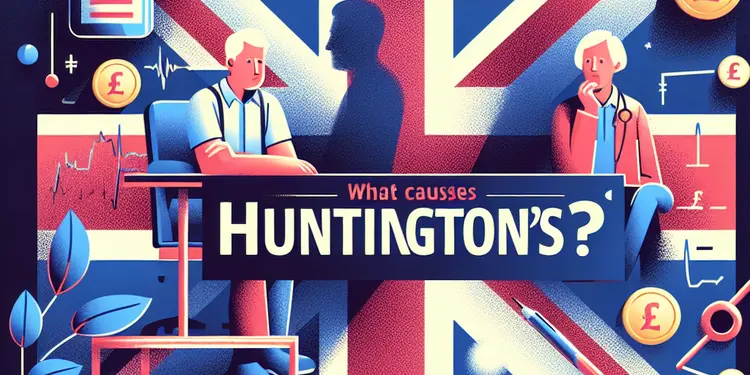
What causes Huntington's disease?
Relevance: 90%
-
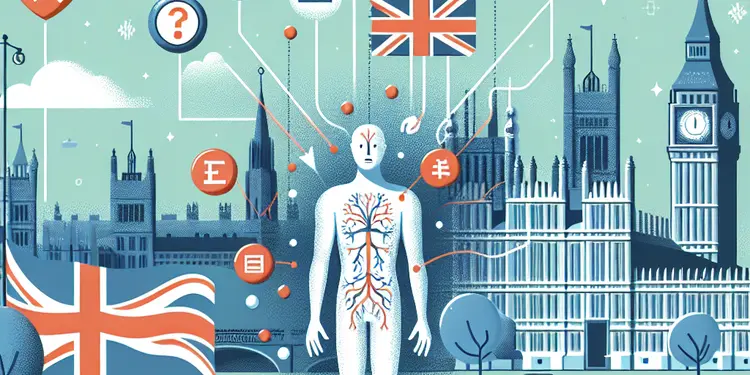
How does Huntington's disease affect emotions?
Relevance: 89%
-
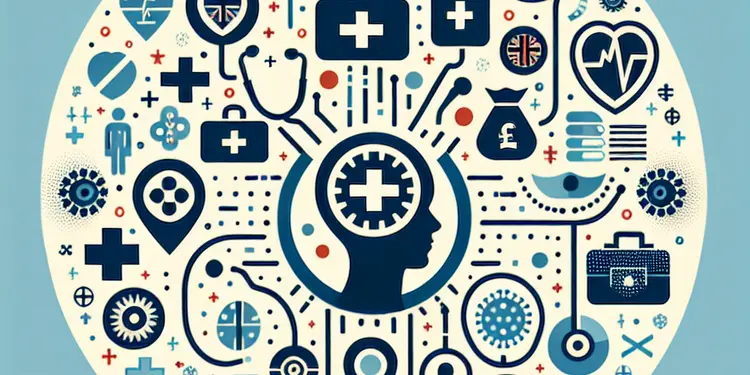
What kinds of specialists are involved in treating Huntington's disease?
Relevance: 88%
-
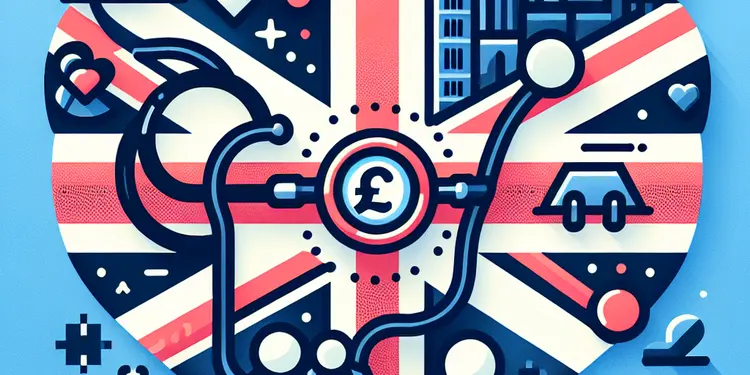
What support is available for families affected by Huntington's disease?
Relevance: 88%
-

What research is being done on Huntington's disease?
Relevance: 88%
-

What is the role of genetic testing in Huntington's disease?
Relevance: 86%
-
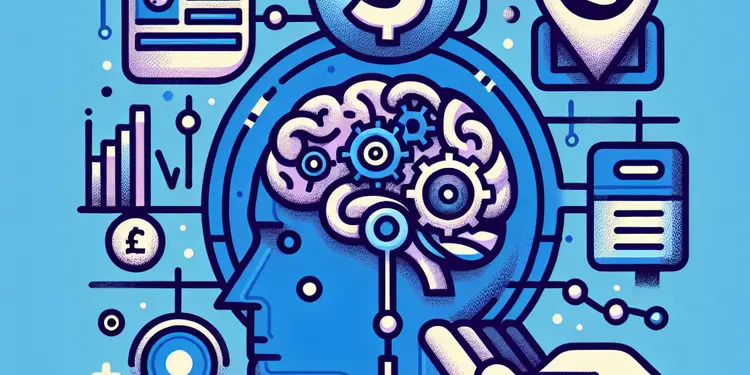
What are the symptoms of Huntington's disease?
Relevance: 85%
-
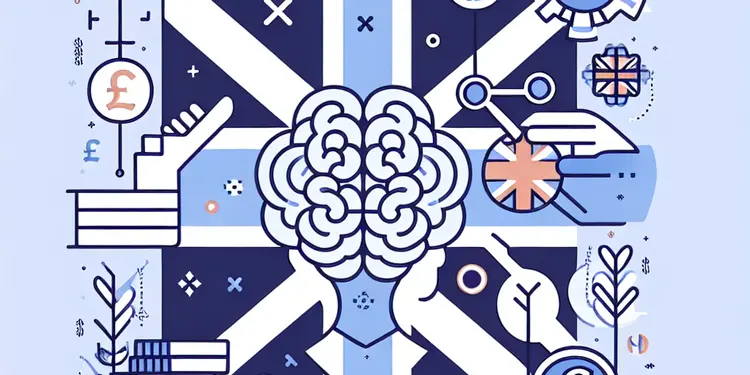
How does Huntington's disease affect cognition?
Relevance: 85%
-

Can lifestyle changes help manage Huntington's disease?
Relevance: 82%
-

At what age do symptoms of Huntington's disease typically appear?
Relevance: 81%
-

How does Huntington's disease affect movement?
Relevance: 81%
-

Are there treatments available for Huntington's disease?
Relevance: 68%
-
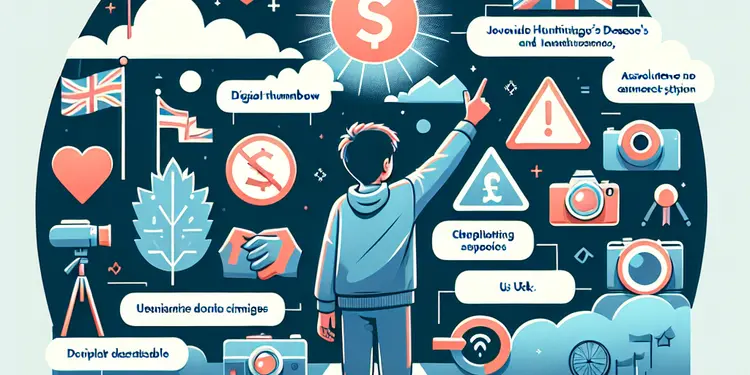
What is Juvenile Huntington's disease?
Relevance: 67%
-

How is Huntington's disease inherited?
Relevance: 66%
-

What role does the HTT gene play in Huntington's disease?
Relevance: 53%
-

Mental Health Support Resources for Families
Relevance: 49%
-
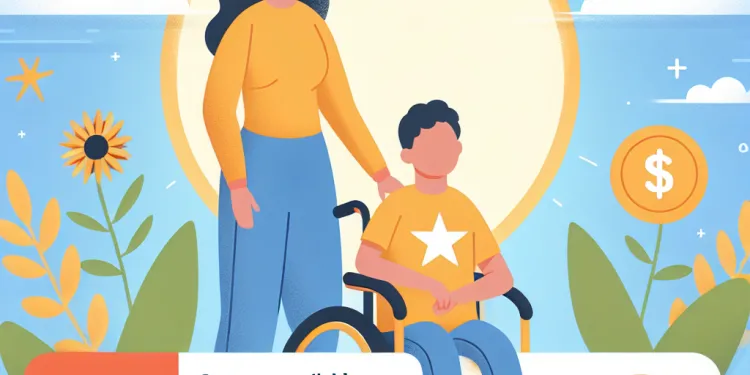
What support is available for families of individuals with PIMD?
Relevance: 47%
-

How can families support a member with autism?
Relevance: 46%
-

Mental Health Support for Families: Resources and Strategies
Relevance: 46%
-

Mental Health Support for Families: Resources and Helplines
Relevance: 45%
-
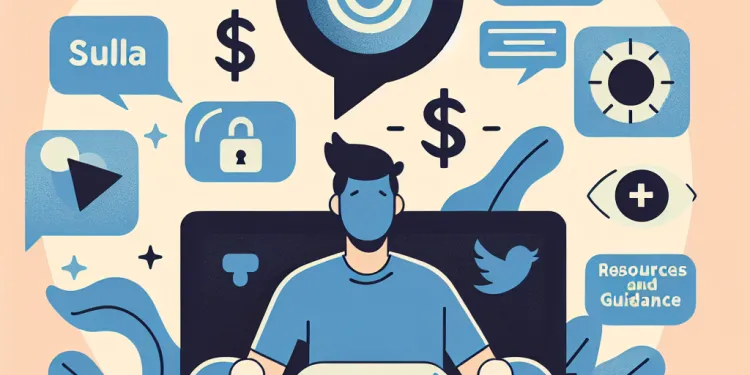
Mental Health Support for Families: Resources and Guidance
Relevance: 45%
-
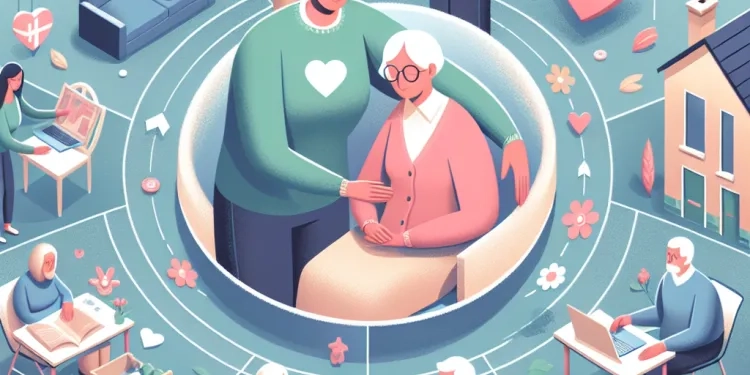
How can families support a loved one with Alzheimer's?
Relevance: 45%
-

What support is available for people with Crohn's disease in the UK?
Relevance: 44%
-
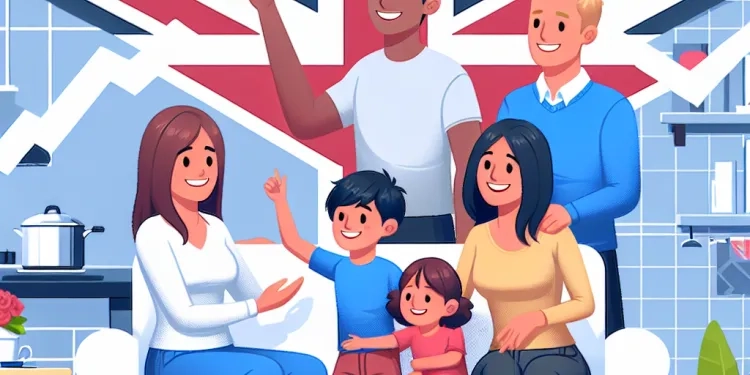
Government Support Schemes for Families Affected by Inflation
Relevance: 44%
-

Government Announces New Support Scheme for Low-Income Families
Relevance: 44%
-
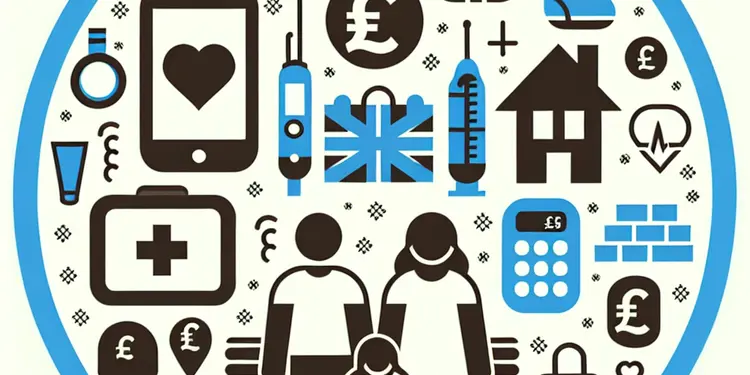
What support is available for families dealing with type 1 diabetes?
Relevance: 44%
-

Mental Health Support for Families - Latest Resources and Guidance
Relevance: 44%
-

Financial Support for Families Amid Rising Cost of Living
Relevance: 42%
-

What is Alzheimer's disease?
Relevance: 40%
-
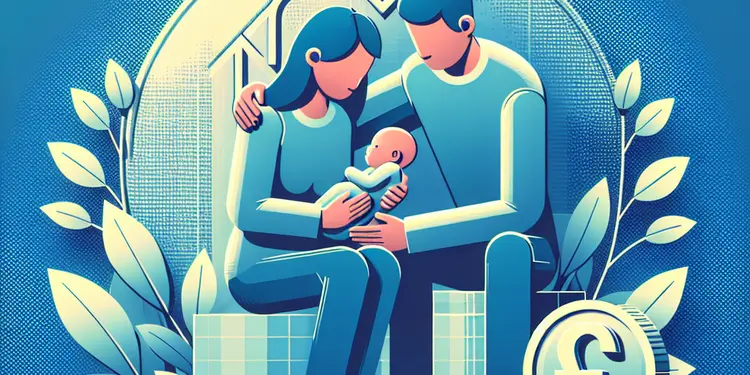
How can family members support someone with postnatal depression?
Relevance: 39%
-
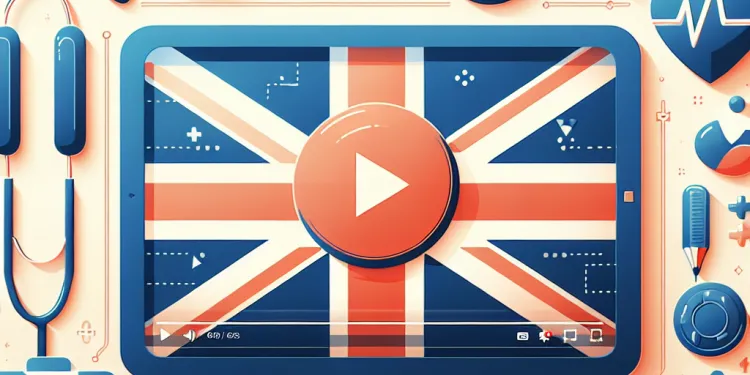
How common is Alzheimer's disease in the UK?
Relevance: 38%
-

Are there support groups for individuals with motor neurone disease?
Relevance: 38%
-

How can caregivers support someone with motor neurone disease?
Relevance: 38%
-

Can children develop Crohn's disease?
Relevance: 37%
-

Is motor neurone disease hereditary?
Relevance: 37%
Understanding Huntington's Disease
Huntington's disease is a progressive and hereditary neurological condition that affects the brain. It impacts movement, cognition, and emotional stability, and typically presents symptoms between the ages of 30 and 50. As the disease progresses, it poses significant challenges not only to those diagnosed but also to their family members.
Healthcare Support
In the UK, the National Health Service (NHS) provides critical support for families affected by Huntington's disease. Neurology clinics staffed by specialists offer comprehensive care, including diagnosis, treatment, and management of symptoms. General practitioners (GPs) often work in tandem with specialists to manage ongoing health needs and coordinate care.
Genetic Counseling
Since Huntington's disease is a genetic condition, families may seek genetic counseling. Counselors offer information on the risks, implications of genetic inheritance, and testing options. They help families make informed decisions about having children and understanding the likelihood of the disease being passed on to future generations.
Social Services and Financial Support
Families affected by Huntington's disease can access various social services and financial benefits in the UK. Local authorities provide social care assessments to determine needs and offer personalized care plans. Additionally, disabled individuals may be entitled to benefits such as Personal Independence Payment (PIP) or Employment and Support Allowance (ESA) to help with living expenses.
Support Groups and Charities
An array of support groups and national charities, like the Huntington's Disease Association (HDA), provide essential non-medical support. These organizations offer resources, information, and emotional support to families and individuals affected by the disease. Support groups facilitate connections with others facing similar challenges, providing a community of understanding and shared experiences.
Respite Care
Respite care services offer temporary relief for family carers. This support can be arranged through local councils and NHS continuing healthcare. Respite care options range from in-home services to short-term stays in care homes, allowing carers to take a break and recharge.
Mental Health Support
Living with Huntington's disease can significantly impact mental health for both the individual and their family members. The NHS provides mental health services, including counseling and therapy, to help manage stress, depression, or anxiety. Charities often also offer helplines and support networks to provide emotional assistance.
Conclusion
Families affected by Huntington's disease in the UK have access to a comprehensive support system through healthcare services, social support, financial assistance, and community resources. By utilizing these services, families can better manage the challenges posed by the disease and improve their overall quality of life.
Understanding Huntington's Disease
Huntington's disease is a sickness that affects the brain. It runs in families. It changes how a person moves, thinks, and feels. People usually start to see signs of the disease when they are between 30 and 50 years old. The disease can be hard for the person and their family.
Healthcare Support
In the UK, the National Health Service (NHS) helps people with Huntington's disease. Special doctors at hospitals help with finding out if someone has the disease and how to treat it. Regular doctors also help to keep people healthy and work with specialists to make sure everyone gets the care they need.
Genetic Counseling
Because Huntington's disease is passed down in families, some families talk to genetic counselors. These counselors tell them about the chances of passing the disease to children and what tests they can take. They help families make big decisions about having kids.
Social Services and Financial Support
In the UK, families can get help from social services and might get money if Huntington's disease affects them. Local councils find out what help people need and make plans for care. People with disabilities might get money like Personal Independence Payment (PIP) or Employment and Support Allowance (ESA) to help pay for things.
Support Groups and Charities
There are many support groups and charities, like the Huntington's Disease Association (HDA), that help people in non-medical ways. These groups give information and support to people and families dealing with the disease. They help people meet others who understand what they are going through.
Respite Care
Respite care gives family carers a break. This care can be organized through local councils or the NHS. It can happen at home or in care homes, allowing carers to rest and recharge.
Mental Health Support
Huntington's disease can make people feel sad or worried. The NHS has services to help with mental health, like counseling and therapy. Charities also have helplines to talk to people and support them emotionally.
Conclusion
In the UK, families dealing with Huntington's disease can get lots of help through healthcare, money, and community services. Using these supports can help families cope with the disease and make life better.
Frequently Asked Questions
Useful Links
This website offers general information and is not a substitute for professional advice.
Always seek guidance from qualified professionals.
If you have any medical concerns or need urgent help, contact a healthcare professional or emergency services immediately.
Some of this content was generated with AI assistance. We’ve done our best to keep it accurate, helpful, and human-friendly.
- Ergsy carfully checks the information in the videos we provide here.
- Videos shown by Youtube after a video has completed, have NOT been reviewed by ERGSY.
- To view, click the arrow in centre of video.
- Most of the videos you find here will have subtitles and/or closed captions available.
- You may need to turn these on, and choose your preferred language.
- Go to the video you'd like to watch.
- If closed captions (CC) are available, settings will be visible on the bottom right of the video player.
- To turn on Captions, click settings .
- To turn off Captions, click settings again.
More Items From Ergsy search
-

What is Huntington's disease?
Relevance: 100%
-

Is Huntington's disease fatal?
Relevance: 99%
-

How is Huntington's disease diagnosed?
Relevance: 96%
-

Can Huntington's disease be prevented?
Relevance: 94%
-

Can Huntington's disease be cured?
Relevance: 94%
-

What causes Huntington's disease?
Relevance: 90%
-

How does Huntington's disease affect emotions?
Relevance: 89%
-

What kinds of specialists are involved in treating Huntington's disease?
Relevance: 88%
-

What support is available for families affected by Huntington's disease?
Relevance: 88%
-

What research is being done on Huntington's disease?
Relevance: 88%
-

What is the role of genetic testing in Huntington's disease?
Relevance: 86%
-

What are the symptoms of Huntington's disease?
Relevance: 85%
-

How does Huntington's disease affect cognition?
Relevance: 85%
-

Can lifestyle changes help manage Huntington's disease?
Relevance: 82%
-

At what age do symptoms of Huntington's disease typically appear?
Relevance: 81%
-

How does Huntington's disease affect movement?
Relevance: 81%
-

Are there treatments available for Huntington's disease?
Relevance: 68%
-

What is Juvenile Huntington's disease?
Relevance: 67%
-

How is Huntington's disease inherited?
Relevance: 66%
-

What role does the HTT gene play in Huntington's disease?
Relevance: 53%
-

Mental Health Support Resources for Families
Relevance: 49%
-

What support is available for families of individuals with PIMD?
Relevance: 47%
-

How can families support a member with autism?
Relevance: 46%
-

Mental Health Support for Families: Resources and Strategies
Relevance: 46%
-

Mental Health Support for Families: Resources and Helplines
Relevance: 45%
-

Mental Health Support for Families: Resources and Guidance
Relevance: 45%
-

How can families support a loved one with Alzheimer's?
Relevance: 45%
-

What support is available for people with Crohn's disease in the UK?
Relevance: 44%
-

Government Support Schemes for Families Affected by Inflation
Relevance: 44%
-

Government Announces New Support Scheme for Low-Income Families
Relevance: 44%
-

What support is available for families dealing with type 1 diabetes?
Relevance: 44%
-

Mental Health Support for Families - Latest Resources and Guidance
Relevance: 44%
-

Financial Support for Families Amid Rising Cost of Living
Relevance: 42%
-

What is Alzheimer's disease?
Relevance: 40%
-

How can family members support someone with postnatal depression?
Relevance: 39%
-

How common is Alzheimer's disease in the UK?
Relevance: 38%
-

Are there support groups for individuals with motor neurone disease?
Relevance: 38%
-

How can caregivers support someone with motor neurone disease?
Relevance: 38%
-

Can children develop Crohn's disease?
Relevance: 37%
-

Is motor neurone disease hereditary?
Relevance: 37%


